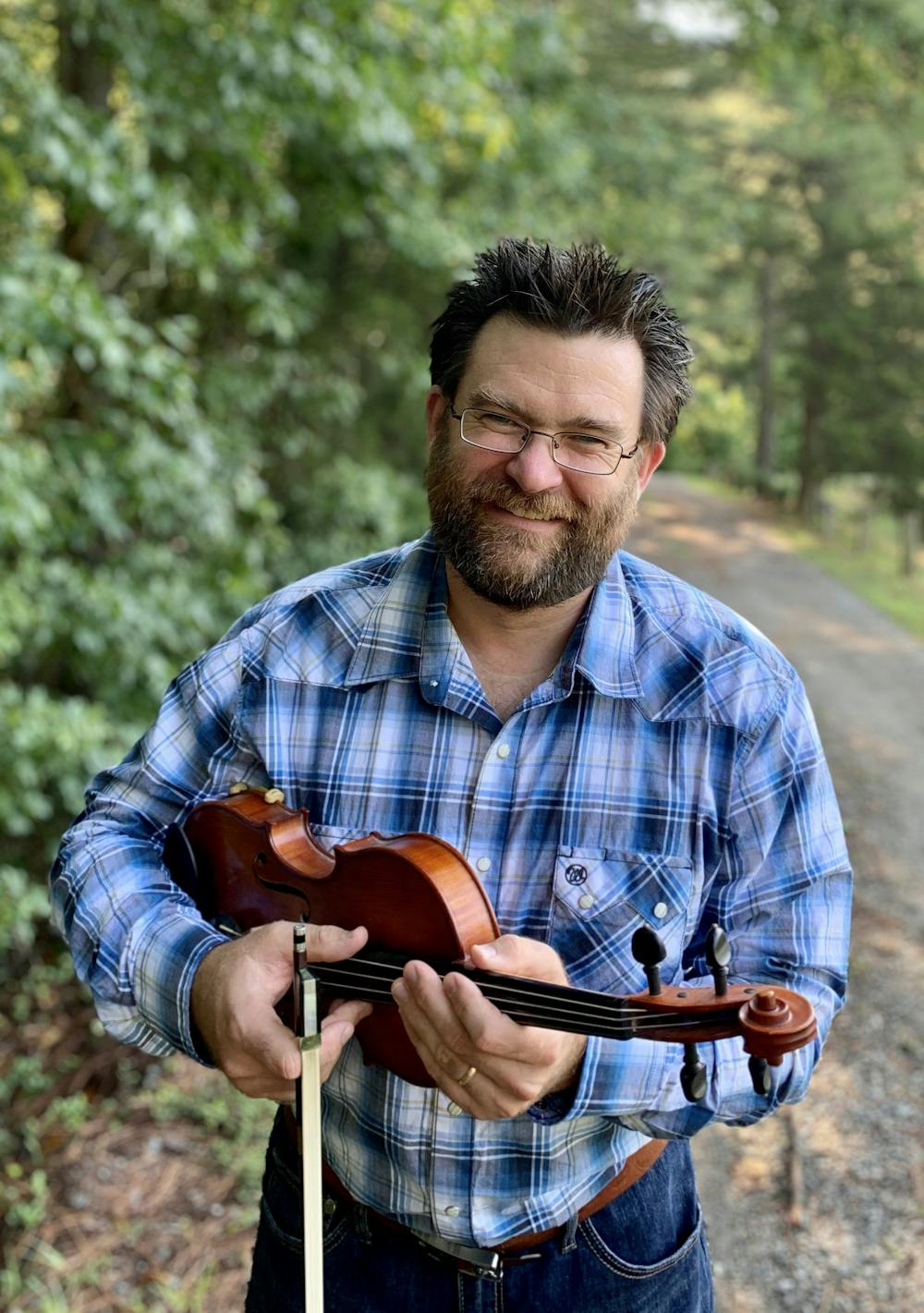As the pandemic shifts many aspects of daily life remote, 42-year-old fiddler and UNC alumnus Mike Ferry has found time to return to his roots and do what he loves most: play Irish music.
Ferry’s music career first began to take off during his time of UNC, he said. In his junior year of high school, he joined a local Greensboro band called Weekend Excursion. But as the band members graduated and continued to play after going to their respective colleges, what started as a high school band quickly became a college town sensation.
“In the late '90s, early 2000s, we ended up selling out all college towns across the state of North Carolina," Ferry said. "I mean, we were very popular in Chapel Hill and Raleigh and Greensboro, Boone, Charlotte. The whole state."
Jeff Foxworth, the lead guitarist for Weekend Excursion and a lifelong friend of Ferry’s, reflected on his own experience in the band.
“It was amazing,” he said. “I mean, most of us now have families, most of us are married with kids. It now provides a perspective to look back on what we did when we were younger."
As Weekend Excursion began to tour more regularly, Ferry said they met bands and artists that are still widely known today — including renowned musicians such as Edwin McCain, Jennifer Nettles, Barenaked Ladies, Melissa Etheridge and John Mayer.
When asked how the band came across John Mayer, Ferry laughed.
“We actually played with him at ECU,” Ferry said. “He was a solo acoustic performer. And he played before us. So we were actually in a headlining position and he was an opener, which is kind of funny. People were there to see us, they weren't there to see him.”
But once the band split up in 2004, Ferry said he began to float between music genres before settling on Irish folk music.



